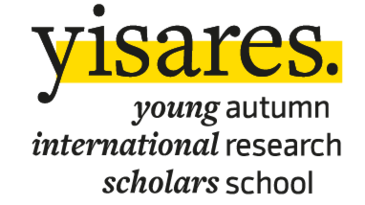October 2021, University of Bremen
Venue: online
Extractivism – traditionally understood as the over-exploitation of natural resources – has led to irreversible environmental damage and the destruction of livelihoods across the globe. While these forms of primitive accumulation have historically been key to colonial exploitation of the Global South, we are currently witnessing an expansion of multiple forms of extractivism. Reimagined as a developmental and even emancipatory strategy, extractivism has increasingly been implemented by states, private firms, local and traditional authorities, and networks of experts in order to capture and distribute high rents, while in fact deepening legacies of colonial dependencies. However, extractivism has also extended beyond the plundering of raw materials to cultural or non-material resources, e.g. in the form of extensive tourism, or “data-mining”. Hence, today, extractivism has come to signify a global logic of current capitalist accumulation and valorisation which differs decisively from industrial capitalism. To secure the appropriation of rent, these different forms of extractivism are flanked by various violent and authoritarian state practices, often reinstating racist and (settler) colonial orders, erasing indigenous claims to land, large-scale dispossession and displacement, severe human rights violations, unsafe labour conditions, surveillance, and forced migration.
The six-day interdisciplinary Autumn Research School taking place on 8-9, 15-16 & 29-30 October 2021 aims at mapping the different forms of extractivist capitalism across transnational spaces and emerging relational geographies including current developments in finance, logistics and digital economies. Such a mapping requires a “retooling” of theories, analytical frameworks, and methodologies that help us engage with the multiple contradictions of this particular logic of capitalism – in particular to rethink the Global South into this logic. To do so, the Autumn School will address the political economy of extractivist accumulation, its ecological and social implications, the attendant transformations of (post-)colonial knowledge, juridical and political re-orderings and authoritarian tendencies, discursive and cultural practices of legitimation, and ultimately questions of dissent, protest and resistance.
The Autumn School offers participants an outstanding programme with faculty members including Deval Desai, Hannah Franzki, Michi Knecht, Sandro Mezzadra, Martin Reisigl, Shalini Randeria, Ranabir Samaddar, Klaus Schlichte, Ingo H. Warnke and Ruth Wodak. It is composed of six content modules including lectures, interactive small-group roundtable sessions, micro-group sessions, and plenary debate plus a research workshop module on funding opportunities and research stays abroad.

